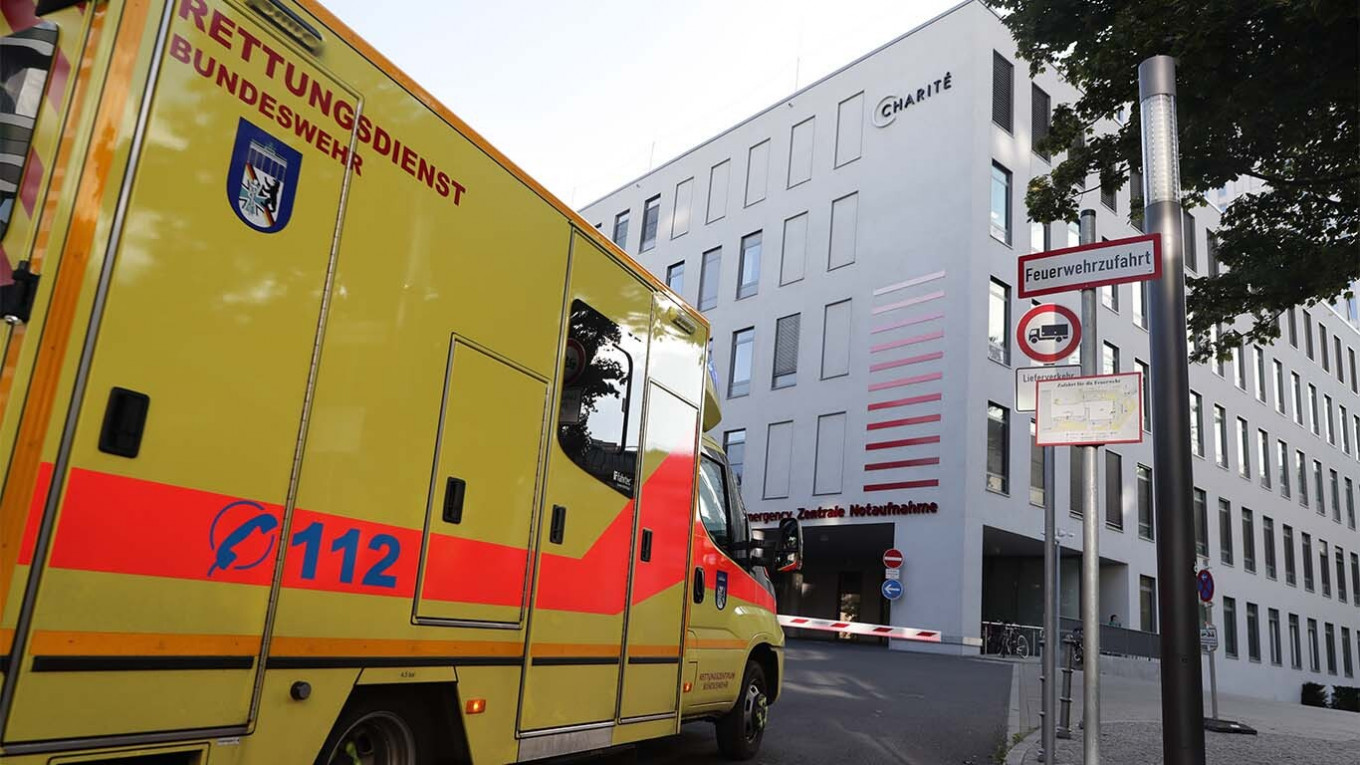
The global chemical weapons watchdog confirmed Thursday that it had sent experts to Germany to collect samples from Russian opposition leader Alexei Navalny and that results of tests for Novichok poisoning were “forthcoming.”
Berlin had formally requested its “technical assistance” over Navalny’s alleged poisoning, the Hague-based Organization for the Prohibition of Chemical Weapons (OPCW) said.
The West says Kremlin critic Navalny, who is being treated in a Berlin hospital, was poisoned with Novichok and has pushed Russia to shed light on the incident. Moscow denies all involvement.
“A team of experts from the (OPCW’s) Technical Secretariat independently collected biomedical samples from Mr. Navalny for analysis by OPCW designated laboratories,” the OPCW said in a statement.
“Results of this analysis are forthcoming and will be shared with the German authorities.”
OPCW chief Fernando Arias earlier this month voiced “grave concern” over the Navalny incident.
Germany said on Monday that labs in France and Sweden had confirmed its own finding that the banned weapons-grade substance was used, but that it was awaiting the OPCW’s evaluation.
The Navalny case threatens to cause fresh tensions at the toxic arms watchdog.
Germany could ask the OPCW to use its recently acquired mandate to attribute blame for chemical attacks — powers that Russia and its allies have bitterly opposed.
Until OPCW member states voted to give the body the new powers in 2018, it was only able to say whether chemical weapons had been used, but not by whom.
Britain drafted in the OPCW for “technical assistance” after former Russian spy Sergei Skripal and his daughter were poisoned with Novichok in the city of Salisbury in 2018, but that was before it had the new powers.
